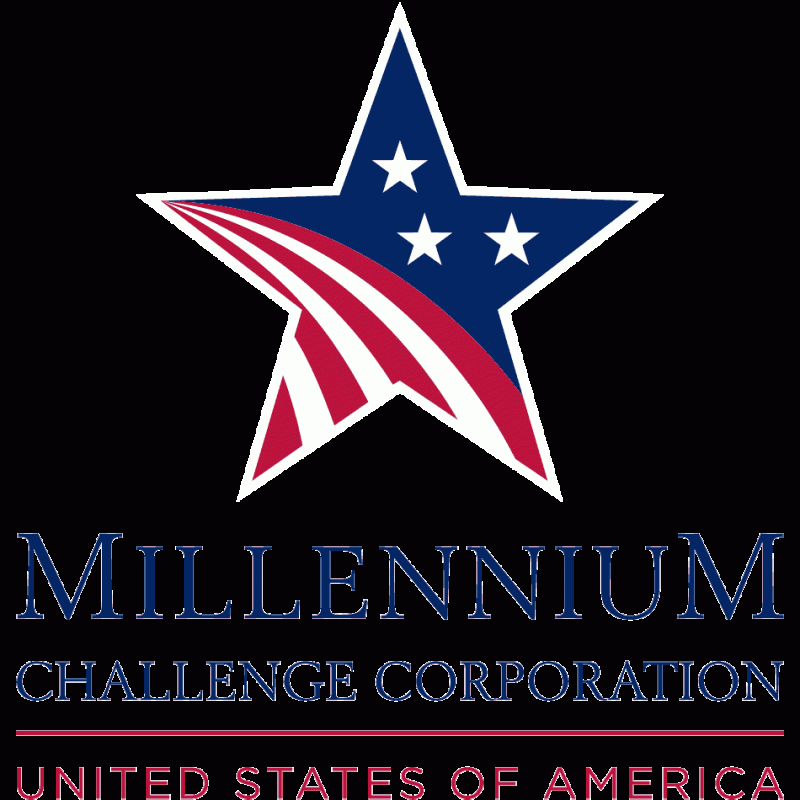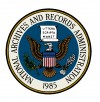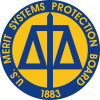The Millennium Challenge Corporation (MCC) is an innovative and independent U.S. foreign aid agency that is helping lead the fight against global poverty.
Created by the U.S. Congress in January 2004 with strong bipartisan support, MCC is changing the conversation on how best to deliver smart U.S. foreign assistance by focusing on good policies, country ownership, and results.
MCC is advancing American values and interests by reducing global poverty through economic growth. The MCC model fulfills this mission by focusing on policy reforms, economic growth opportunities that deliver tangible results and shared learning on what is and is not working. This approach makes development assistance more effective, improves the lives of the world’s poor and creates the markets of the future, with whom companies can do business and trade.
What is distinctive about MCC?
- MCC is a prime example of smart U.S. Government assistance in action, benefiting both developing countries and U.S. taxpayers through:
- Competitive selection: Before a country can become eligible to receive assistance, MCC’s Board examines its performance on independent and transparent policy indicators and selects compact-eligible countries based on policy performance.
- Country-led solutions: MCC requires selected countries to identify their priorities for achieving sustainable economic growth and poverty reduction. Countries develop their MCC proposals in broad consultation within their society. MCC teams then work in close partnership to help countries refine a program.
- Country-led implementation: MCC administers the Millennium Challenge Account (MCA). When a country is awarded a compact, it sets up its own local MCA accountable entity to manage and oversee all aspects of implementation. Monitoring of funds is rigorous and transparent, often through independent fiscal agents.
MCC forms partnerships with some of the world’s poorest countries, but only those committed to:
- Good governance
- Economic freedom
- Investments in their citizens
MCC provides these well-performing countries with large-scale grants to fund country-led solutions for reducing poverty through sustainable economic growth. MCC grants complement other U.S. and international development programs.There are two primary types of MCC grants: compacts and threshold programs.
Compacts are large, five-year grants for countries that pass MCC’s eligibility criteria.
Threshold Programs are smaller grants awarded to countries that come close to passing these criteria and are firmly committed to improving their policy performance.
What is MCC achieving?
MCC has approved over $10 billion in compact and threshold programs worldwide that support country-determined projects in such sectors as:
- Agriculture and irrigation
- Transportation (roads, bridges, ports)
- Water supply and sanitation
- Access to health
- Finance and enterprise development
- Anticorruption initiatives
- Land rights and access
- Access to education
The aggressive implementation of compacts and threshold programs is promoting growth opportunities, opening markets, raising the standard of living, and creating a more prosperous future for some of the world’s poorest people:
More than 270,000 farmers have been trained and more than 120,000 hectares of land are under production.
More than 4,600 kilometers of roads are under design, and road construction is underway.
Over $87 million has been disbursed in agricultural loans.
MCC is managed by a chief executive officer, who is part of the nine-member Board of Directors. The Secretary of State, the Secretary of the Treasury, the U.S. Trade Representative, and the USAID Administrator serve on the board along with four private sector representatives.
Congressional Budget Justifications
- Congressional Budget Justification, FY 2016
- Congressional Budget Justification, FY2015
- Congressional Budget Justification for FY 2014
Agency Financial Reports & Performance Accountability Reports





